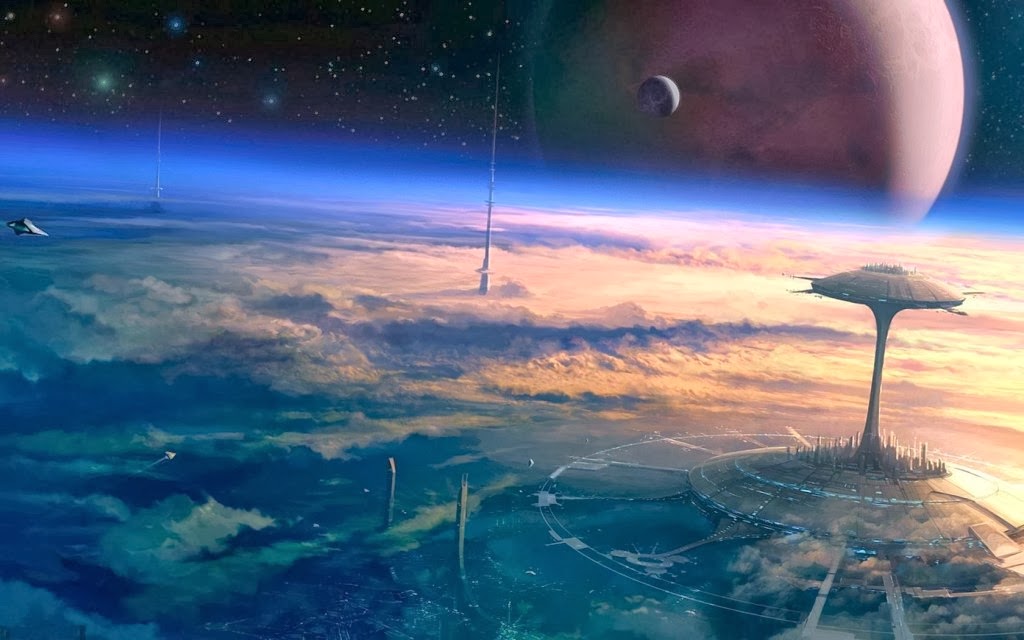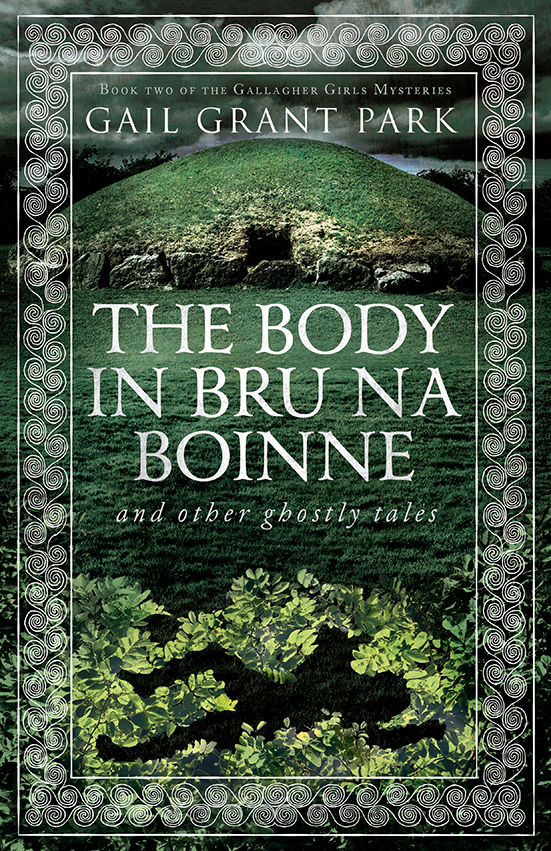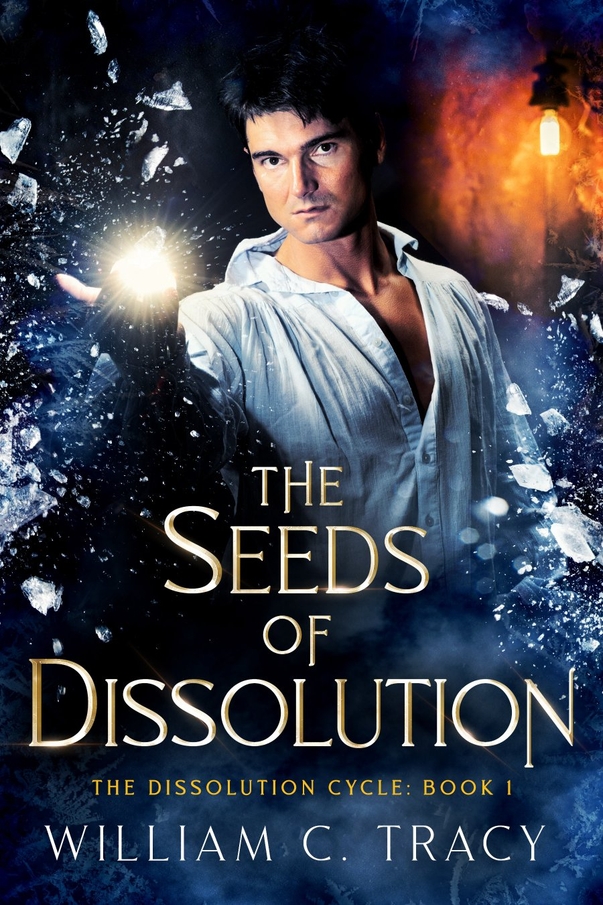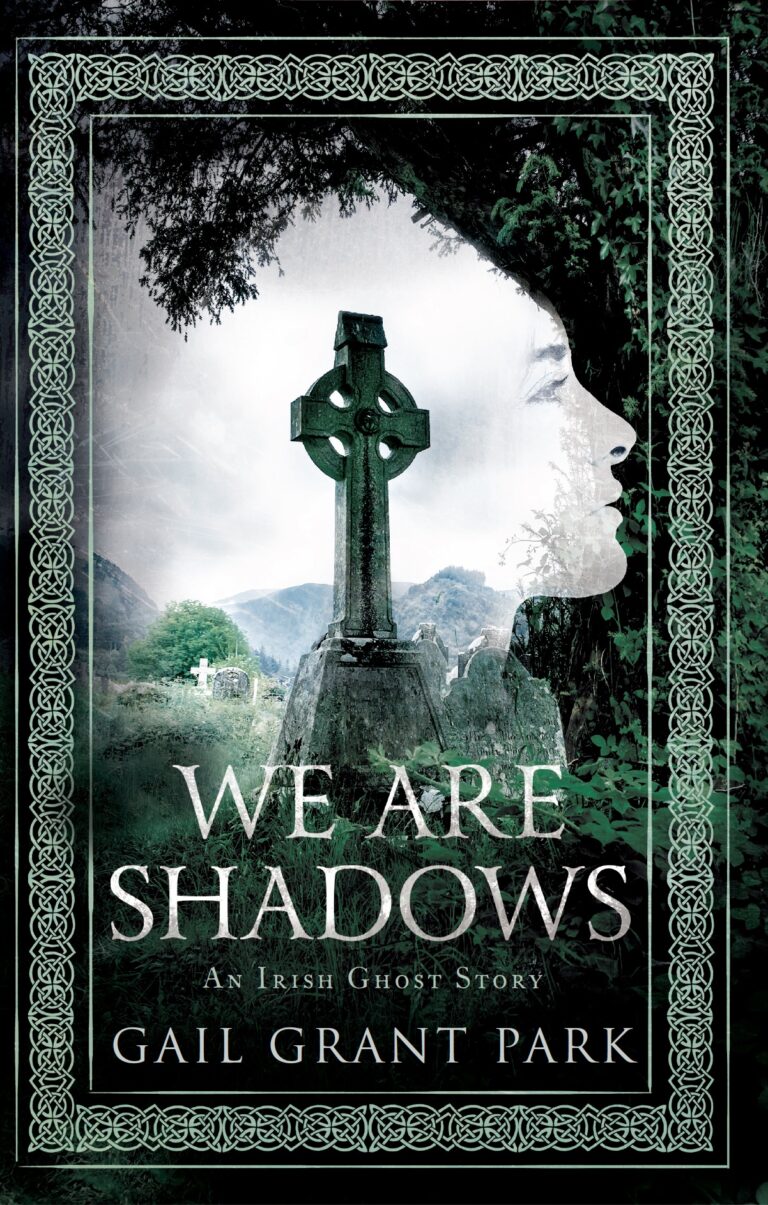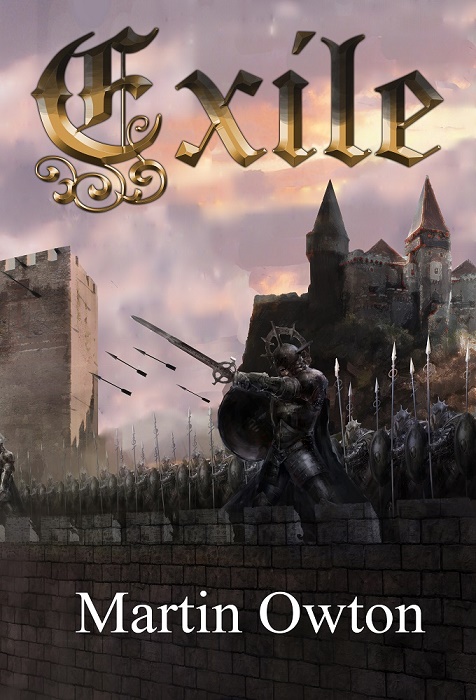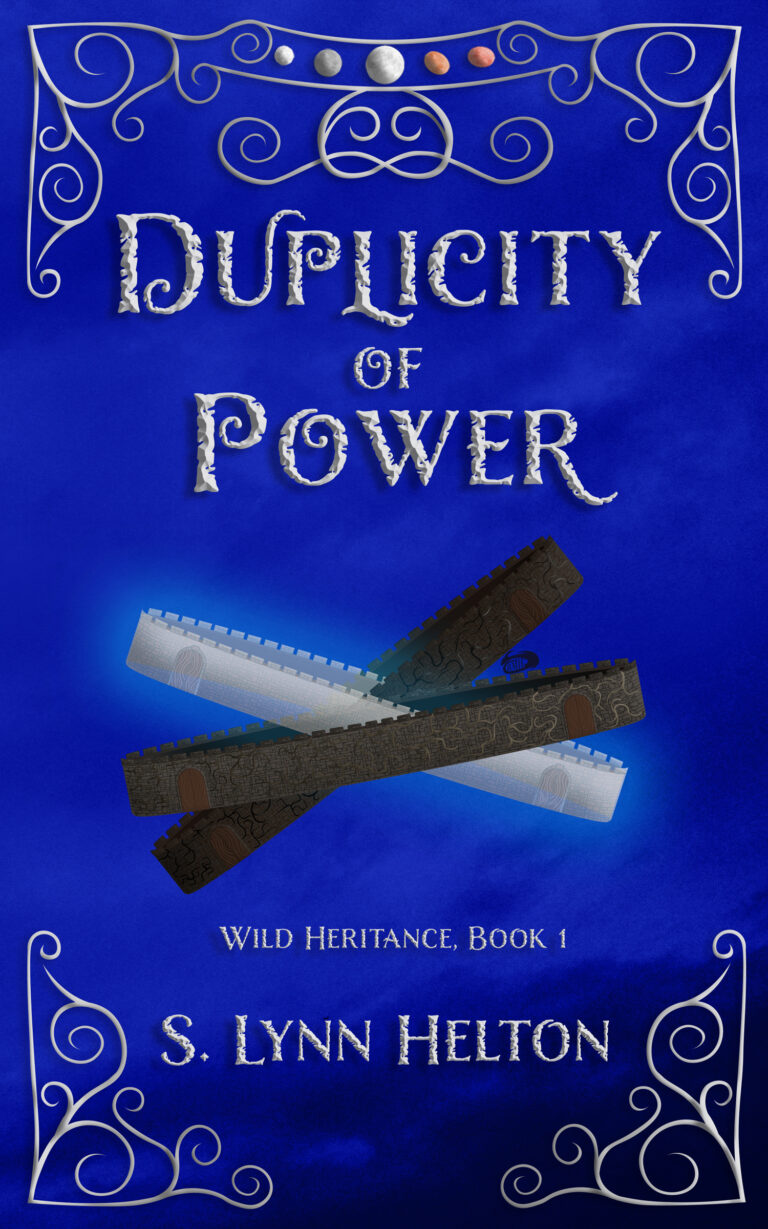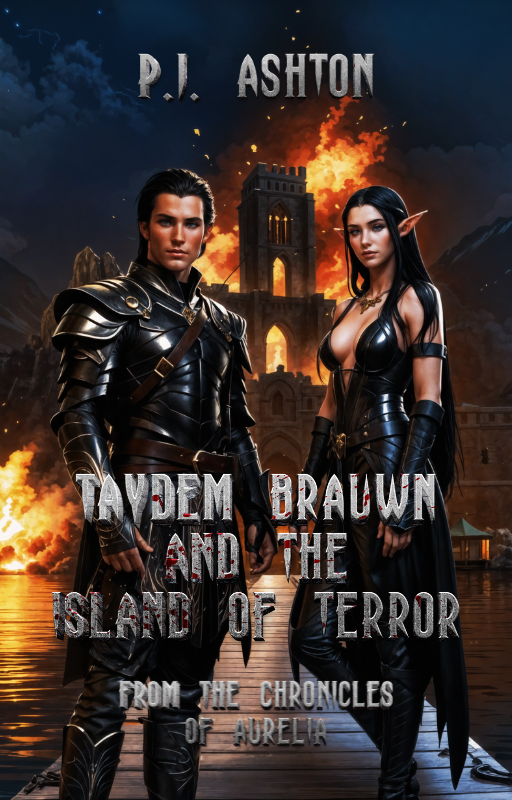We’ve all heard of science fiction, fantasy, horror, dystopian, and a plethora of other genres that all have one thing in common: they are not representative of reality, as we know it. Some may be futuristic, based on what the author feels might be a possible outcome. Some may be fantasy, reflecting the author’s belief in a parallel world where goblins and fairies and magic exists.
If all these genres already exist, what exactly is speculative fiction? Well, before genre fiction became a holistic defining point of any given literary work, authors would write stories simply because they are reflections of some creative impulse; there was no target audience (genre wise), and so, any story could be about anything. It is, in fact, the result of these previous works that genres now exist in as strict a manner as they do – they are based upon collections that share the same themes.
Speculative fiction is directed at works that may contain both fantasy and science fiction elements – think Star Wars. One might say it is distinctly science fiction – however, the presence of “the force”, and telekinetic prowess based on the force of will is somewhat fantastical in its presentation. It may therefore be called “speculative fiction” because it carries characteristics of both science fiction and fantasy. This is just one example, but it becomes clear that many titles can in fact be called speculative fiction even though they favor one genre over another.
It’s important to try to use genres as guides rather than limiting factors when approaching any work. This maximizes the ability of the reader to enjoy any work with fresh eyes, and also affords the author the freedom to do just about anything with their story.

